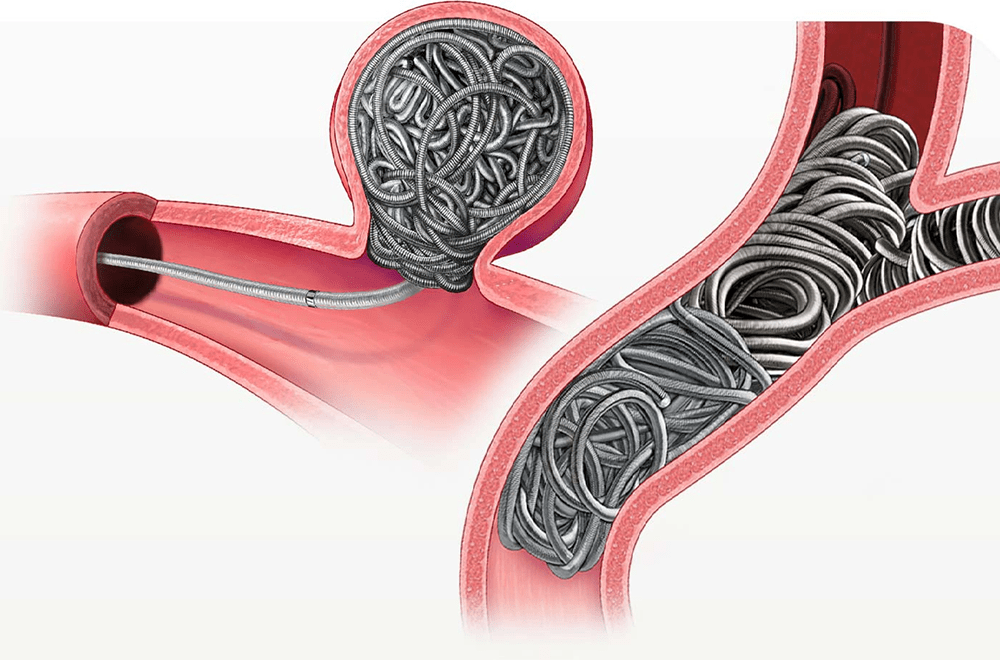When you have cancer, choosing the right treatment is crucial but can feel overwhelming. Luckily, there’s types of treatment that doesn’t involve major surgery. It’s called interventional radiology, and it offers simpler, less invasive ways to help manage and even prevent cancer from getting worse. Here’s a quick look at three helpful procedures:
Radiofrequency Ablation (RFA)
What it does: Uses electrical energy to heat and destroy cancer cells. How it works: A doctor inserts a small probe into the tumor. The probe heats up only the tumor cells, killing them. Why consider it: It’s straightforward and mainly focuses on the affected area, which means less impact on your body. It’s especially good for treating liver tumors when surgery might be too risky.

Cryoablation
What it does: Freezes and kills cancer cells. How it works: A doctor places a probe that releases extreme cold directly into the tumor. This freezes the cancer cells, causing them to break apart. Why consider it: It’s effective for treating cancers like those in the breast and kidneys. It’s known for having fewer side effects and a quicker recovery than traditional surgery.

Embolization
What it does: Blocks blood supply to the tumor, starving it of nutrients. How it works: A doctor inserts a catheter to send tiny particles to block the blood vessels feeding the tumor. Why consider it: It’s useful for tumors in organs like the liver and kidneys. It helps control the tumor’s growth with minimal disturbance to your daily life.

Conclusion
These treatments from interventional radiology could be game-changers if you’re looking for effective cancer treatment without the downsides of major surgery. They’re less daunting, have fewer side effects, and you can recover faster. If you’re exploring treatment options, these could be worth discussing with your doctor.
References
Smith et al., 2021. “Effectiveness of Radiofrequency Ablation for Liver Tumors.” Journal of Clinical Oncology.
Jones et al., 2020. “Cryoablation for Breast and Kidney Cancers.” Radiology.
White et al., 2022. “The Role of Embolization in Treating Renal Cell Carcinoma.” The Lancet Oncology.


